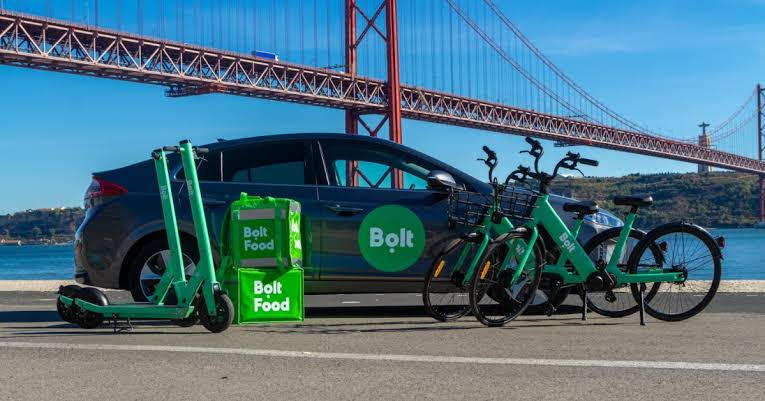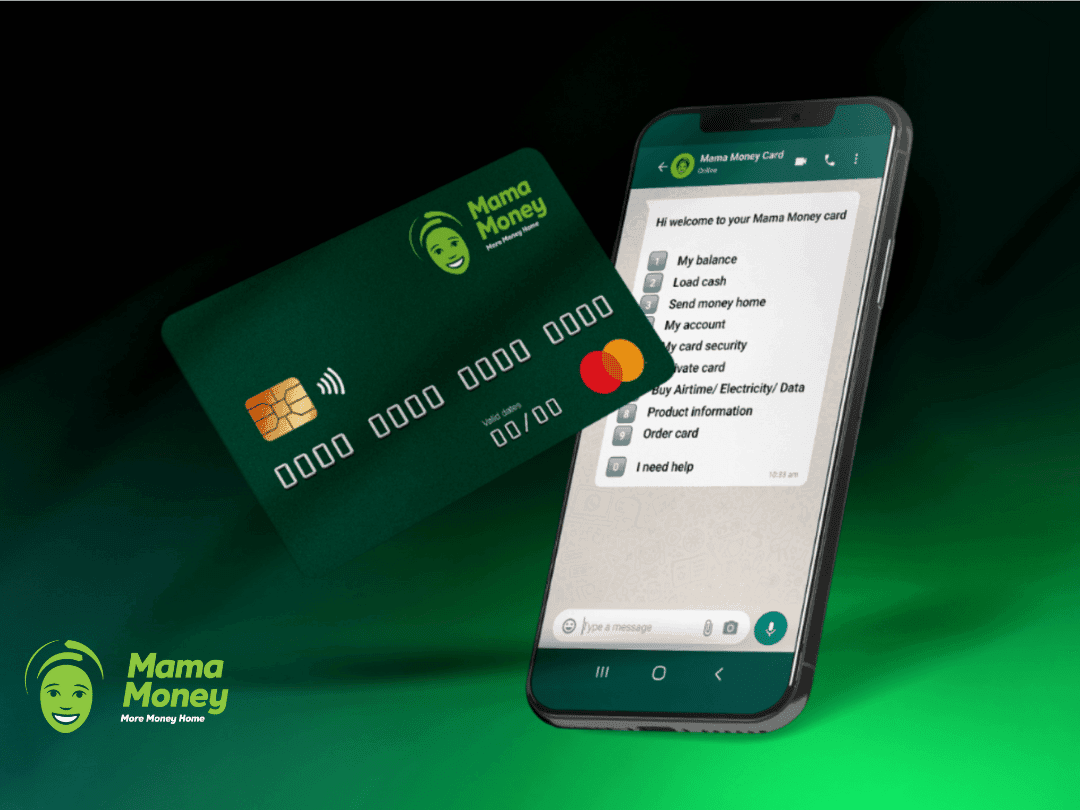Uber's rival, Bolt, has secured $713 million in funding at a $4.75 billion valuation and plans to expand into new services like food delivery, electric scooter and bike rentals in a bid to become a "super app."
Speaking on Bolt's super app plans, Bolt CEO and founder Markus Villig said his company would require billions of euros of investment over the next few years as it aims to become a "super app" with multiple services touching different industries.
"The capital required will be huge. We realize that we do need to raise billions of funding over the next years to accelerate here. Otherwise, it's just going to be too slow to move on our mission." Bolt CEO and founder Markus Villig.
Bolt current valuation is more than double its last private valuation of $2 billion.
Venture capital firm Sequoia and fund managers Tekne and Ghisallo lead, while existing investors G Squared, D1 Capital and Naya increased their holdings.
The Estonia based startup has evolved since its inception in 2013. Formerly known as Taxify, the company started as a ride-hailing app. The company has since branched out into several new services, including food delivery, car-sharing and electric scooter and bike rentals.
In addition to our core ride-hailing product, we now offer a car-sharing service, Bolt Drive, and scooter and e-bike sharing. Our delivery services include Bolt Food, which enables customers to order meals from restaurants, and the most recent addition to Bolt’s ecosystem is a grocery delivery service, Bolt Market. Bolt
The startup currently has 75 million customers globally and plans to launch in 10 European countries over the next few months, including the Baltics and Central Europe, Sweden, Portugal, Croatia, and Romania.
Much discussion about how Uber and Bolt's driver will be classified has been going on for some time. Both companies are gig work which means that while workers have a bit of flexibility, however, the precarity associated with such jobs means that worker's welfare is not top-notch.
Bolt drivers, Uber drivers are classified as independent contractors, which means that they are not entitled to benefits like a minimum wage and holiday pay. Uber has changed that policy in the UK, reclassifying its drivers to workers after UK's Supreme Court ruled that Uber drivers should be treated as workers entitled to benefits like a minimum wage and holiday pay.
The Estonia based startup has evolved since its inception in 2013. Formerly known as Taxify, the company started as a ride-hailing app. The company has since branched out into several new services, including food delivery, car-sharing and electric scooter and bike rentals.
Bolt has suggested it has no plans to change its driver arrangements in the UK. "We're in talks with all the drivers and regulators on what's the best path in every country," Villig said. "What we want to provide and what most of these drivers and couriers value the most is independence and freedom."
"We see the best way to cater to that is to have the best independent contractor model in the world," he added, noting there were a number of "quite stark" differences between Uber's model and Bolt's.










